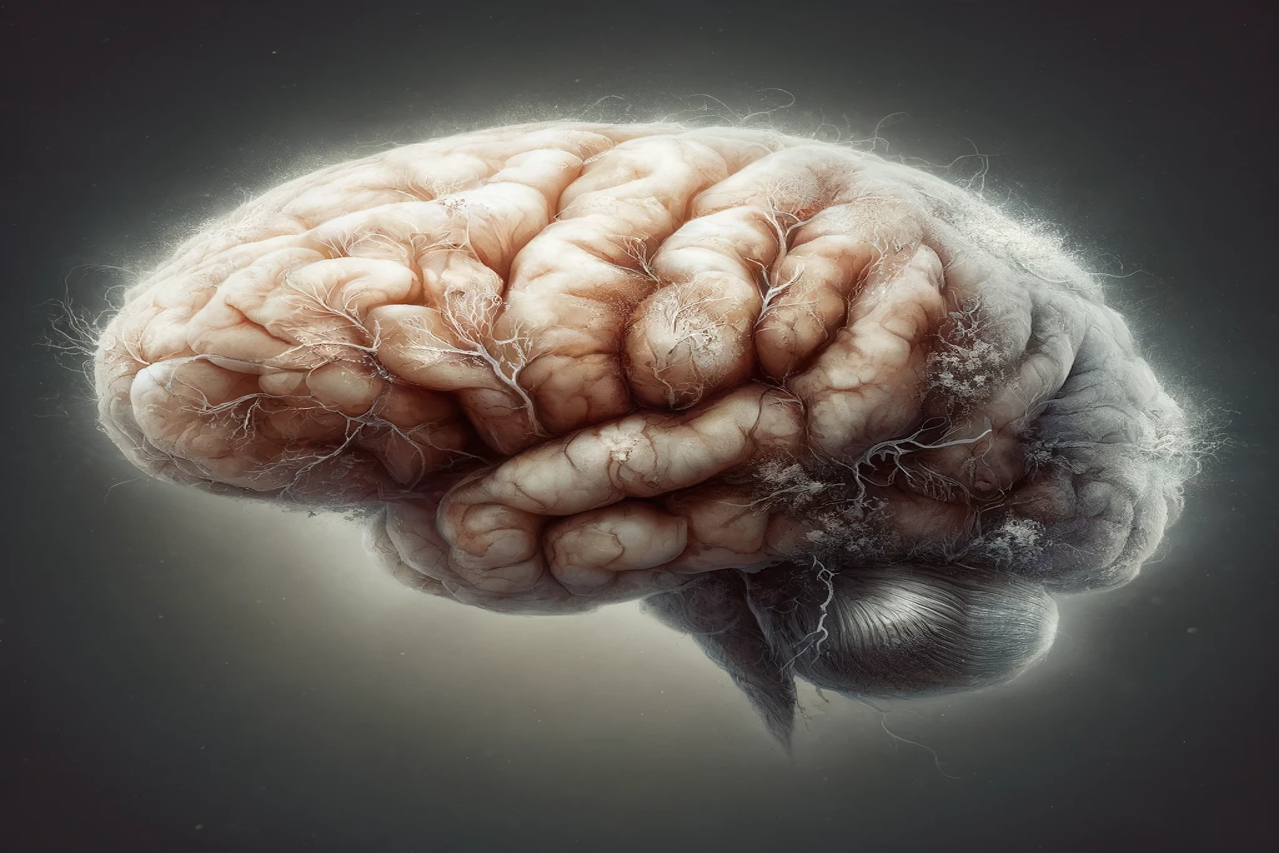Caregivers of people with Alzheimer’s and related dementias face immense challenges, often managing emotional stress, behavioral issues, and a lack of accessible resources. Addressing these pressing needs, Jennifer Martindale-Adams, EdD, and Linda Nichols, PhD, professors in the Department of Preventive Medicine at the University of Tennessee Health Science Center (UTHSC), are at the forefront of an innovative project. Together with Xiaopeng Zhao, PhD, professor in the Department of Mechanical, Aerospace, and Biomedical Engineering at the University of Tennessee, Knoxville, they are developing RISE (Robot-based Information and Support to Enhance Alzheimer’s Caregiver Health).
The project, supported by a $401,090 grant from the National Institute on Aging, aims to create an AI-powered humanoid robot designed to deliver evidence-based caregiver training and personalized support.
Alzheimer’s disease remains a critical public health challenge in the United States, affecting millions of older Americans. As of 2024, approximately 6.9 million people aged 65 and older are living with Alzheimer’s dementia, a figure projected to nearly double to 12.7 million by 2050 without significant medical advances. In 2021, it ranked as the fifth-leading cause of death for individuals in this age group, accounting for over 120,000 deaths with a mortality rate of 36.0 per 100,000 population. These numbers highlight the urgent need for research, innovation, and resources to address this growing crisis.
Bridging the Gap in Caregiver Support
Caregivers often lack tailored resources and immediate guidance when navigating the complexities of Alzheimer’s care. According to Dr. Nichols, the current approach often involves generic online information or limited in-person training, which may not address the caregiver’s specific concerns.
The caregiving burden associated with Alzheimer’s is immense. Over 11 million Americans provide unpaid care for loved ones with Alzheimer’s or related dementias, contributing an estimated 18.4 billion hours of unpaid labor annually. In 2023, the economic value of this care was nearly $350 billion, emphasizing the heavy financial and emotional toll caregivers endure. Unfortunately, many caregivers face significant stress and limited access to personalized, reliable resources, underscoring the importance of initiatives like the RISE project to improve support systems.
The disease also brings considerable economic and societal implications. Health and long-term care costs for individuals with Alzheimer’s are projected to reach $360 billion in 2024, climbing to nearly $1 trillion by 2050. Additionally, demographic disparities are apparent, as older Black Americans are nearly twice as likely to develop Alzheimer’s as older White Americans, and older Hispanics face a one-and-a-half times higher risk. With two-thirds of Alzheimer’s cases occurring in women, these statistics underline the need for inclusive, targeted solutions to alleviate the growing impact of the disease on individuals, families, and the healthcare system.
The RISE project is designed to change this. As Dr. Nichols explains, “This concept with the AI only pulls from validated, good information we have developed and specific to what the caregiver is interested in. It’s personalized to what the caregiver needs.”
The Technology Behind RISE
The RISE system will integrate tools from several established caregiver support programs, including:
- Resources for Enhancing Alzheimer’s Caregivers Health (REACH) II
- REACH Community
- REACH VA
These programs have long provided caregivers with strategies to manage behavioral concerns and cope with stress. By embedding these resources into an AI-powered social robot, RISE will offer:
- Personalized Guidance: Caregivers can complete a risk assessment, which allows the system to recommend specific modules and strategies tailored to their unique needs.
- Emotional Support: The robot offers a friendly, nonjudgmental presence, enabling caregivers to ask questions and receive targeted information in a supportive environment.
- On-Demand Access: Caregivers can use the system in clinician offices, community centers, or even at home, ensuring help is available whenever it’s needed.
Dr. Martindale-Adams highlighted the transformative potential of this approach, stating, “The caregiver will be able to answer questions so that when the risk assessment is done, there will be a list of modules that will be recommended based off the risk assessment.”
Transforming the Caregiving Landscape
Beyond providing immediate information, RISE addresses a critical gap in caregiving support. Dr. Nichols noted that clinicians often lack the time to provide in-depth guidance for caregivers. With RISE, caregivers gain a self-directed, accessible resource to navigate their caregiving journey.
“It is caregiver driven,” said Dr. Nichols. “Sometimes caregivers need more—they need somebody to talk to, and they need somebody to give them information.”
Dr. Martindale-Adams echoed this sentiment, envisioning a future where caregivers can interact with a friendly robot in settings such as senior centers or doctors’ offices, allowing them to process information at their own pace.
A Collaborative Effort
RISE is a multidisciplinary project, with contributions from:
- Dr. Wenjun Zhou, Lawson Professor of Business in the Haslam College of Business, UT Knoxville
- Dr. Sharon Bowland, Associate Professor in the College of Social Work, UT Knoxville
- Dottie Lyvers, Director of the Office on Aging, Knoxville-Knox County Community Action Committee
This collaborative approach ensures RISE draws on diverse expertise, integrating business insights, social work perspectives, and real-world caregiving experience.
RISE represents a groundbreaking step toward supporting caregivers of people with Alzheimer’s and related dementias. With its focus on personalization, accessibility, and evidence-based resources, this AI-powered system has the potential to significantly enhance the well-being of caregivers, transforming their ability to manage stress and care for their loved ones effectively.
As Dr. Nichols aptly stated, “To be able to sit there by yourself, and have the robot who is very friendly, give you information, ask questions and answer your questions… that’s the exciting part.”
This project is more than a technological innovation—it’s a lifeline for caregivers navigating one of life’s most challenging roles.




